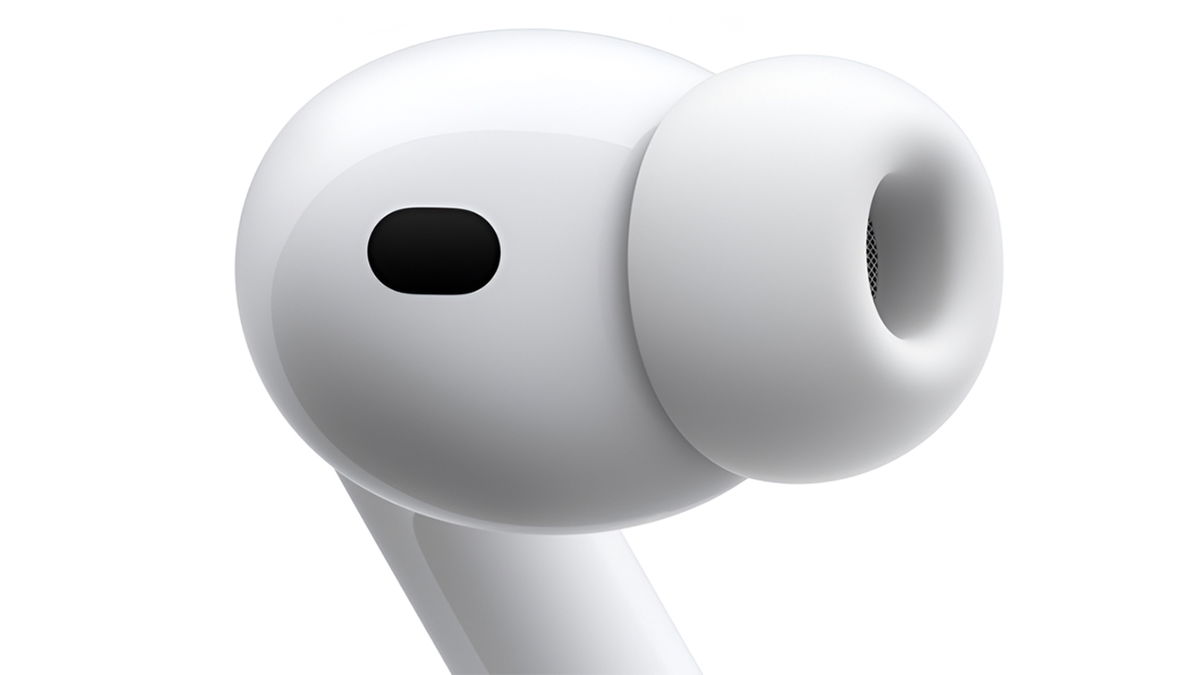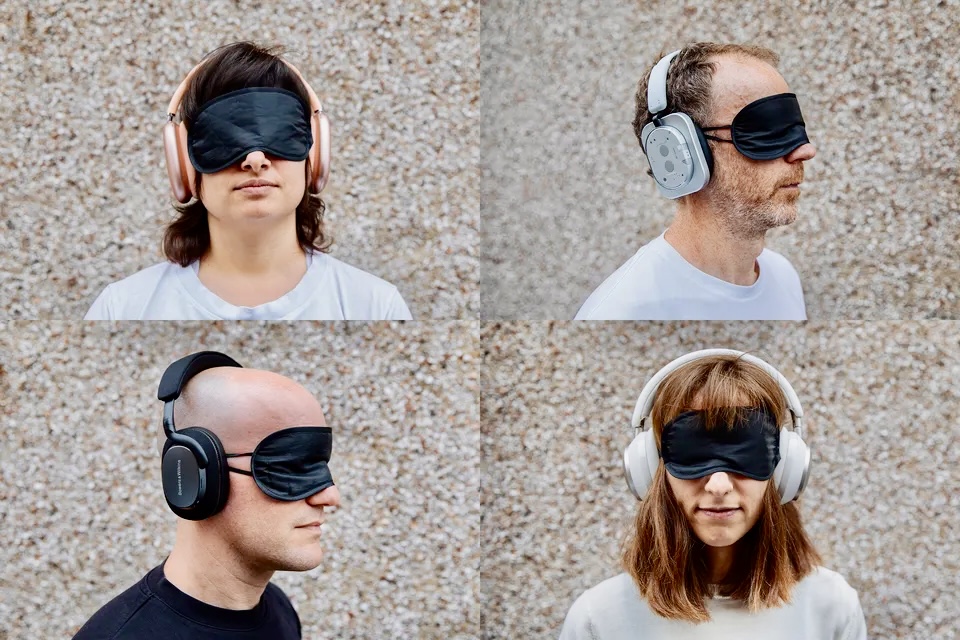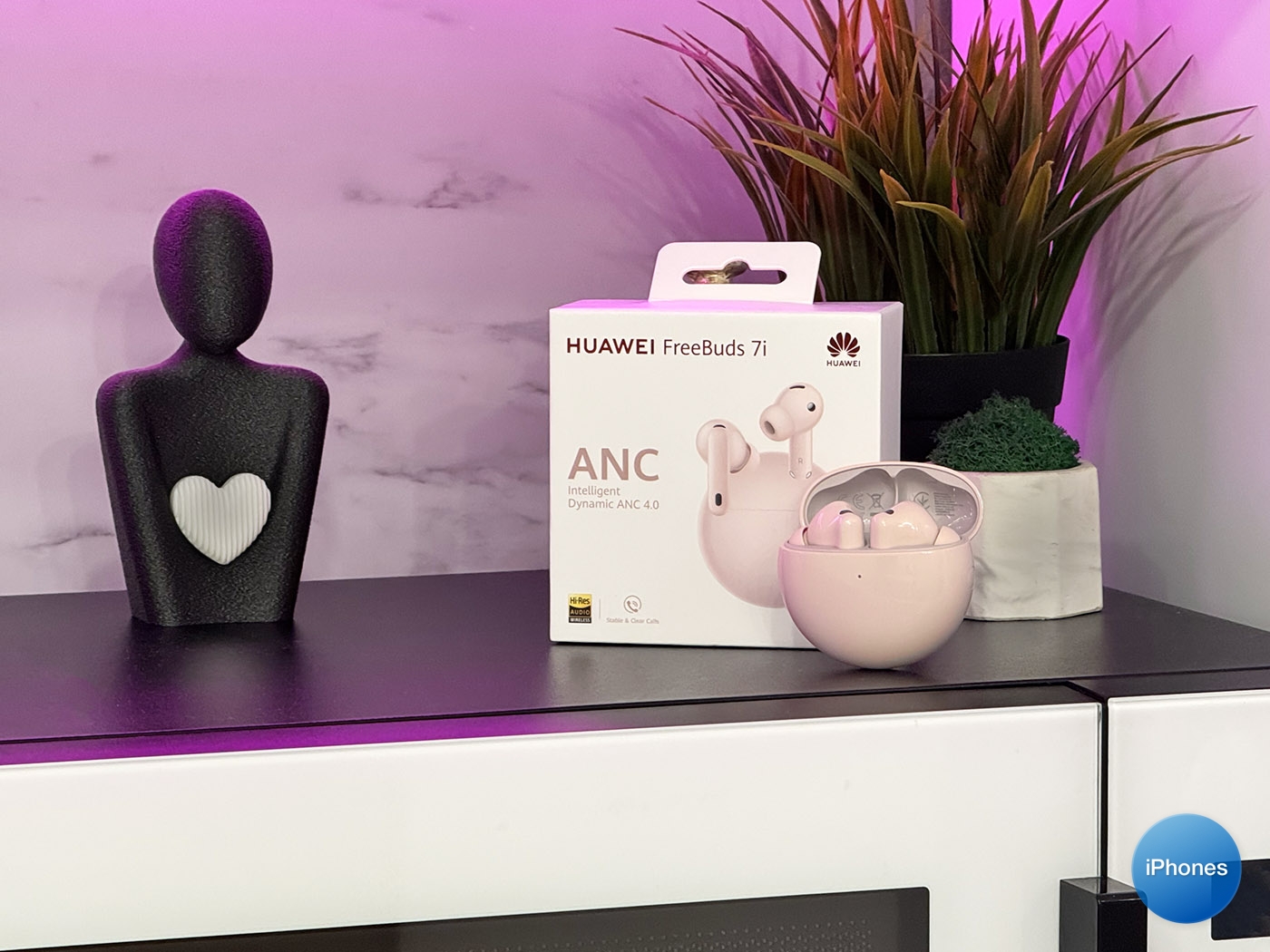Even those who don’t believe in astrologyhave you ever consulted your horoscopeeither from laughter or despair. When everything seems to be going wrong for you, it’s nice to have some stranger tell you that because you were born in late June, you’re going to have a good work week. Not so good with love; but hey, when everything is going wrong, we end up settling for less. How true is that?
You may think that there is no point in wasting time researching the effectiveness of a horoscope when it is clear that it has no effect. Or perhaps this statement angers you because you believe that astrology is just another science and that it has scientific evidence. To finally put an end to this eternal dilemma, mathematician Spencer Greenberg and your project team Clearer thinking They conducted an interesting experiment.
It had two parts. The first was the simplest. Basically, they were trying to make 37 predictions about a group of people based solely on what their zodiac sign dictated. They then made the same predictions using a personality test. The latter was very accurate, while the horoscope was useless. When they published these results, many astrologers expressed dissatisfaction with the methodology, so they conducted a new experiment designed with the help of these people. Everything was already in favor of astrology, but the results?
A study conducted with 152 astrologers
The experiment was conducted Greenberg’s team and 6 astrologerswhich, in turn, involved another 152 workers in this area with different levels of experience.
The astrologers’ complaints about the first experiment were based on the fact that simply looking at a person’s zodiac sign is not enough. In order to make predictions about this, you need to make your own Complete astrological chart.
So this new experiment involved letting astrologers listen to the answers to 43 personality questions from a group of volunteers. Then they were shown 5 Astrological Chartsof which only one matched the person from whom they heard the questions.
For the experiment to be in favor of the astrologers, they had to be right in more than 20% of the cases related to chance. However, the percentage of correct answers was slightly less than 21%It was impossible to assume that this was not a coincidence.
And that’s not all. It was also noticed that veteran astrologers failed just as much as newbies, and that their results did not match. The latter is curious. If the horoscope were an exact science, true or not, the results should resemble each other. The methodology should be the same. However, the answers from different astrologers were ambiguous. very differentso it looks like there was a lot of subjectivity here.
Why is the horoscope right?
Despite the results of this study, we have all at some point felt identified with what our horoscope said. How is this possible?
The answer lies in a phenomenon known in psychology as Forer effect. It was first described by a psychologist BR Forerwho said that “people tend to take vague and general personal descriptions as applying only to themselves, without realizing that the same description could be applied to anyone.”

If your horoscope simply tells you that you will have a good day at work, it may be enough to keep you from getting fired. If your zodiac sign indicates that you are a friend of your friends, you will find it hard not to feel that way. Are very general predictions or descriptionswith which it is easy to do everything correctly. But our brain does not see it that way. Understand that they have described us clearly and accurately.
It doesn’t matter whether we base our astrological signs on the most general aspects or on a detailed astrological chart. The sky that covers our heads on the day we are born will not affect our future. Unless it is a polluted sky, of course, but that is another story.
Source: Hiper Textual














